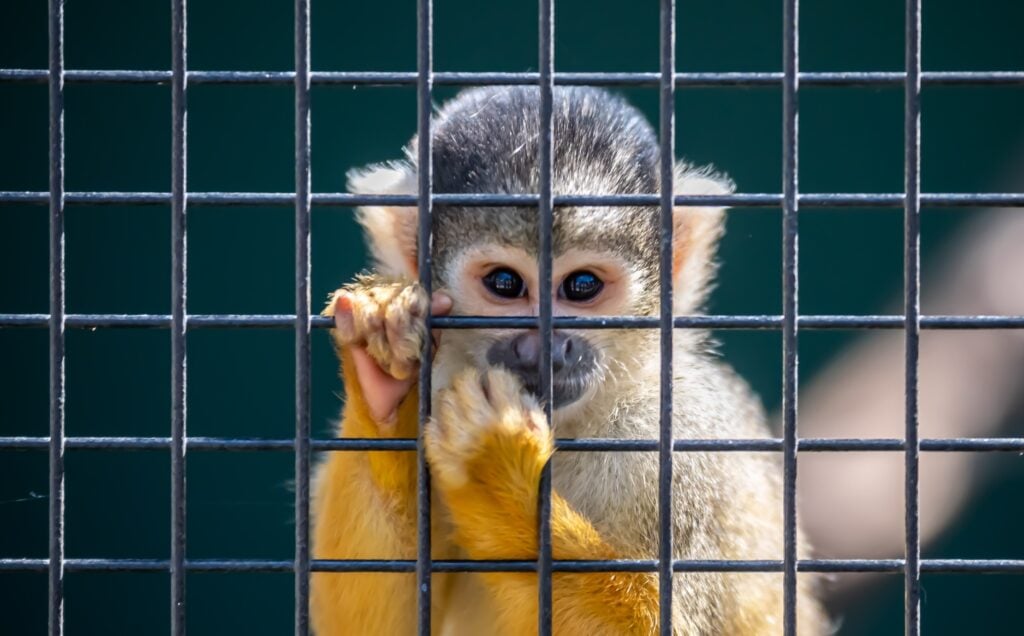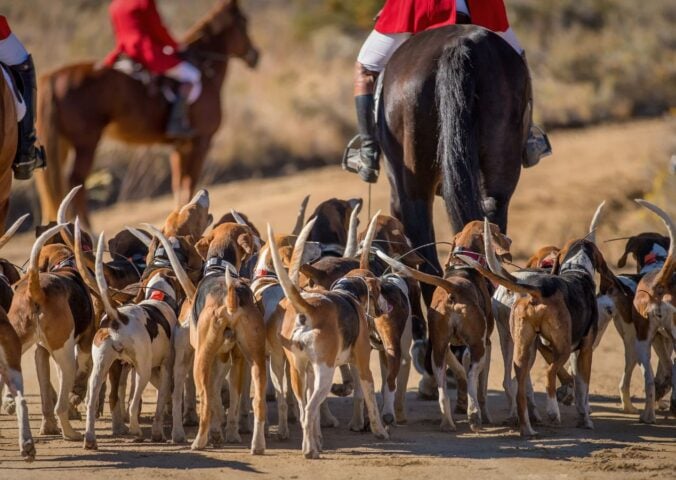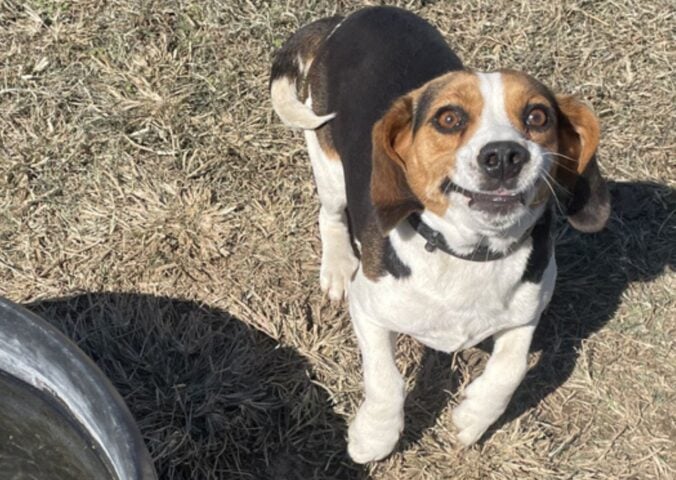Sixty-five animals have been removed from a roadside zoo in Maryland as part of the largest rescue operation of its kind in PETA history.
Squirrel monkeys, bears, alligators, iguanas, pythons, and tortoises were among those to be rescued.
Tri-State Zoological Park is owned by Bob Candy. According to animal rights organization PETA, the park “repeatedly failed to meet minimum federal standards for the care of animals.”
As a result, the zoo was cited multiple times by the USDA over several years for various violations. These include failing to have adequate fencing for its tiger. It also failed to prevent humans from entering the “perimeter fence area.”
In 2020, after one of the zoo’s neglected tigers died because of a lack of veterinary attention, PETA filed a lawsuit. A federal judge ruled that the park had violated the Endangered Species Act. It was then ordered to pay PETA more than $1.2 million in legal expenses.
After that, three big cats were taken from the zoo and relocated to a sanctuary.
Now, Courthouse News reports that the zoo is totally empty. Through another legal settlement, PETA was given permission to relocate all of its animals to sanctuaries and accredited zoos.
Some, like one morbidly obese bear, one pot belly pig with a tumor, and one severely dehydrated and now blind blue-tongued skink, will need urgent veterinary care.
Brittany Peet is PETA’s general counsel for captive animal law enforcement. Peet said in a statement: “Thanks to PETA’s hard-fought lawsuit and over a dozen facilities that offer topnotch care, one more shoddy roadside zoo has been removed and the animals saved.”
What is the difference between a roadside zoo and an accredited zoo?
PETA has relocated Tri-State’s animals to sanctuaries and rehabilitation centers, but also some zoos, including Oakland Zoo and Detroit Zoo.
Many people are against zoos, period. But accredited facilities, which are regulated by the Association of Zoos and Aquariums, typically offer a far better standard of care than roadside operations.
Some zoos are also operated by nonprofits. Oakland, for example, is managed by the Conservation Society of California, and regularly works with PETA to improve standards of captive wildlife care.
Roadside zoos, however, do no such thing and are predominantly profit-driven. There are thousands across America (like that seen in 2020’s Tiger King). A majority aren’t held to any standards or regulations. And for the most part, employees do not have any real prior training in animal care.
As written by Jennifer Jacquet, an associate professor of environmental studies at New York University, for the Guardian, “At a roadside zoo, a single chimpanzee might live its entire life behind bars on concrete.”
“Half a dozen wolves pace a cage smaller than a studio apartment,” she continues. “Tigers might appear to be surrounded by trees, but there are no trees in their cages – they are only a backdrop used to trick the tourist into thinking that the animals live out their lives in a space that is as wooded and lush as the one the tourists are visiting.”
PETA notes that many animals often end up suffering from extreme psychological distress because of their environment.
Peet has called for the USDA to enforce the Animal Welfare Act and revoke more roadside zoo licenses.






